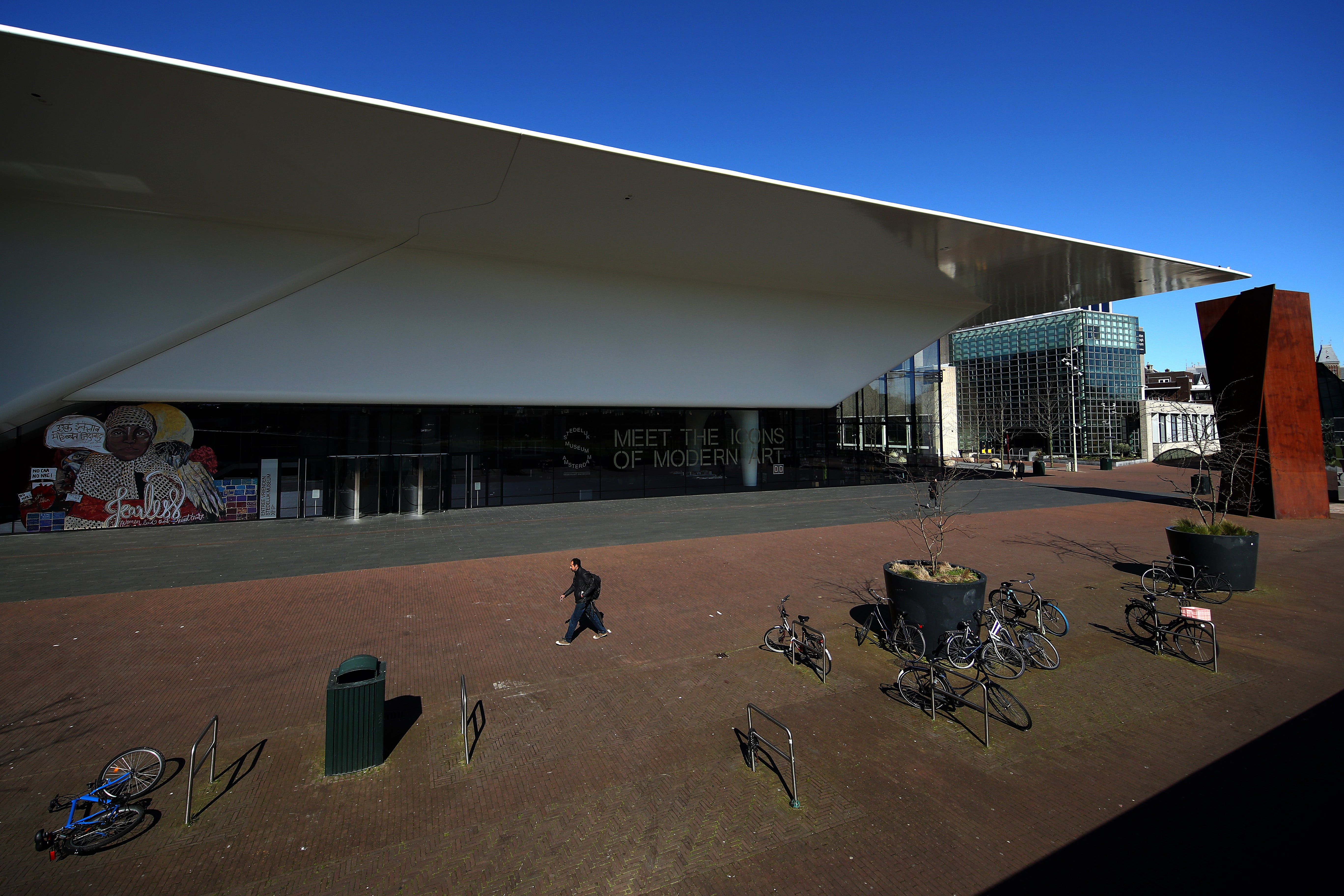Dutch officials urge new look at Jewish heirs’ claim on painting
‘The Jewish people were deprived of their possessions, rights, dignity and, in many cases, their lives,’ letter says

Your support helps us to tell the story
From reproductive rights to climate change to Big Tech, The Independent is on the ground when the story is developing. Whether it's investigating the financials of Elon Musk's pro-Trump PAC or producing our latest documentary, 'The A Word', which shines a light on the American women fighting for reproductive rights, we know how important it is to parse out the facts from the messaging.
At such a critical moment in US history, we need reporters on the ground. Your donation allows us to keep sending journalists to speak to both sides of the story.
The Independent is trusted by Americans across the entire political spectrum. And unlike many other quality news outlets, we choose not to lock Americans out of our reporting and analysis with paywalls. We believe quality journalism should be available to everyone, paid for by those who can afford it.
Your support makes all the difference.The mayor of Amsterdam has decided it is time to revisit the question of whether the city’s Stedelijk Museum should hold onto a 1909 painting by Wassily Kandinsky that had been part of a Jewish collection before it was obtained by the museum during the Second World War.
The Dutch Restitutions Commission, a national panel that handles claims of Nazi looting, found in 2018 that the museum could hold onto Painting With Houses, which has been claimed by the heirs of its former Jewish owners. The restitution panel’s decision was upheld by a Dutch court.
But Amsterdam’s mayor, in a letter on Wednesday, suggested it would be appropriate for the restitution panel to reconsider the case of the painting, which has been in the museum’s collection since 1940.
The fate of the painting has been closely watched, because it is one of several in which the restitution panel has balanced the interests of cultural institutions against those of people trying to recover artworks that are said to have been seized during the Second World War.
That formulation drew criticism from restitution experts and, in December, from a committee convened by the Dutch culture minister to study the restitution panel’s decision making.
In the letter, mayor Femke Halsema and several other officials, known collectively as the College of Mayor and Alderpersons, wrote that they agreed with the findings of the committee, which argued for greater empathy in the restitution process.
“The Jewish people were deprived of their possessions, rights, dignity and, in many cases, their lives,” said the letter, according to a translation provided to The New York Times. “Insofar as something can still be restored of the great injustice done to them, we, as a society, have a moral obligation to act accordingly.”
The Stedelijk Museum is responsible for the city of Amsterdam’s art collection of about 95,000 works.
David Röell, director of the Stedelijk, acquired the painting during an auction in 1940. It had, the restitution panel found, previously belonged to Robert Lewenstein and Irma Klein.
But the panel also said that its transfer had to have been caused, to some extent, by “the deteriorating financial circumstances in which Robert Lewenstein and Irma Klein found themselves well before the German invasion”.
In addition, the panel found that while one claimant, an heir to Ms Klein, “has no special bond with” the painting, the work “has a significant place” in the Stedelijk’s collection.
When the culture minister’s committee faulted the restitution panel’s “balance of interests” approach in its report in December, two members of the restitution commission, including its chair, resigned.
James Palmer, founder of Mondex Corporation, an art restitution company that represents the claimants in the Kandinsky case, said they were “delighted” by the letter from the mayor and her colleagues.
“It has already been almost a decade since the family began its arduous claim,” he wrote in an email message, adding: “We hope to find another solution, with the cooperation of the city of Amsterdam, to resolve this matter amicably and expeditiously.”
The New York Times



Join our commenting forum
Join thought-provoking conversations, follow other Independent readers and see their replies
Comments